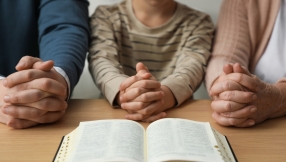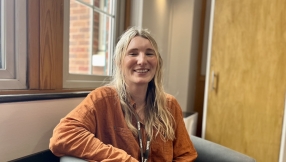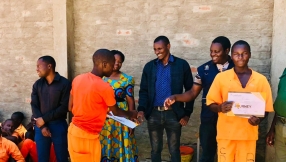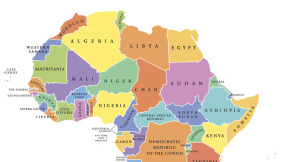World Council of Churches and Evangelical Church in Germany strengthen ties
“I am happy to hear that the Orthodox members of the WCC are accepting the recommendations of the Special Commission. We will try to live with those recommendations even in the areas where we have some difficulties,” said Huber, referring to the Orthodox participation in the WCC.
Huber also said that he hoped that the membership of the Council, and its worship and particularly its spiritual life would “remain relevant”.
Huber shared “new structures” of the EKD that allows it to be financially stable. The EKD “has been able to address financial difficulties with new structures, and has reached some stability," which would help it to "focus on its important programmatic issues".
He added, "The WCC is now in a better position to negotiate from a solid financial basis with funding partners and specialised ministries".
Recently it was discussed that the Lutheran World Federation and the World Alliance of Reformed Churches that the two multi-million member groups may decide to hold their next general assemblies together. This has made Huber stand up and notice the need for stronger ecumenical ties. Particularly, Huber commented that there was a need for ecumenical relationships in the light of the present human rights and refugee crises.
The movements of the ecumenical bodies “to certain extent different from those of other non-governmental organisations,” said Huber. Christians all over the world "pray every Sunday for those whose human rights are violated, and express their solidarity through their intercessions". Churches are very close to the "grassroots", and should take advantage of their favoured situation to "deepen and improve" their commitment, he said.
Kobia agreed with Huber, saying that “further cooperation between WCC and EKD is very important, particularly in light of the worldwide responsibility of the ecumenical fellowship for justice and peace.”
Huber, a member of the WCC Executive Committee who first visited the WCC in 1969, concluded by saying that "More than half of my life has been related to the WCC" and that the experience has been "very formative for my personal life and my ecumenical journey."













